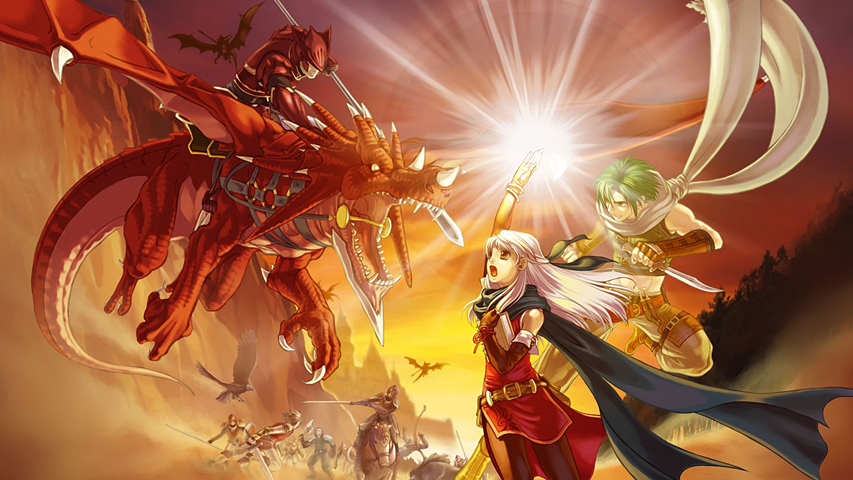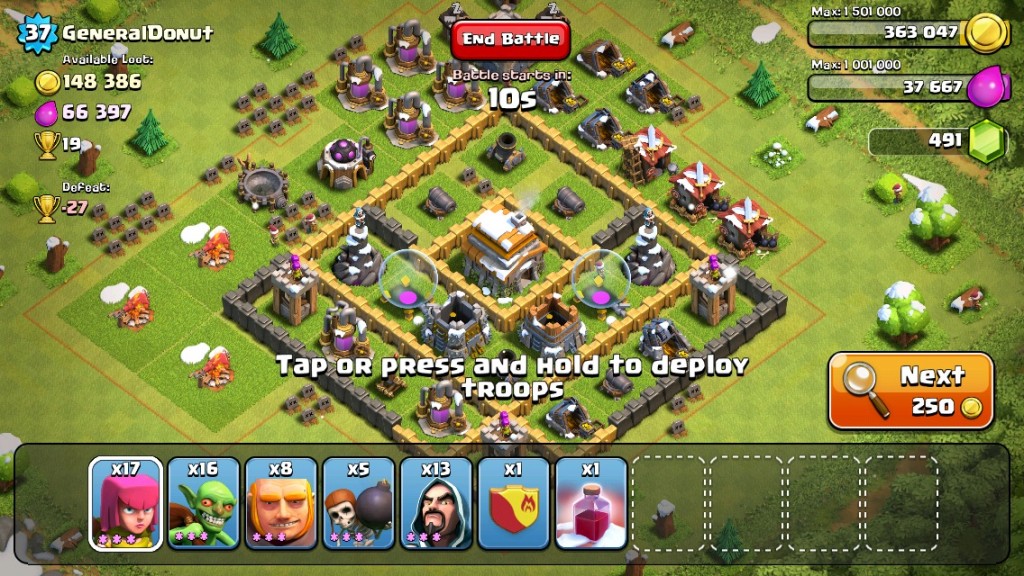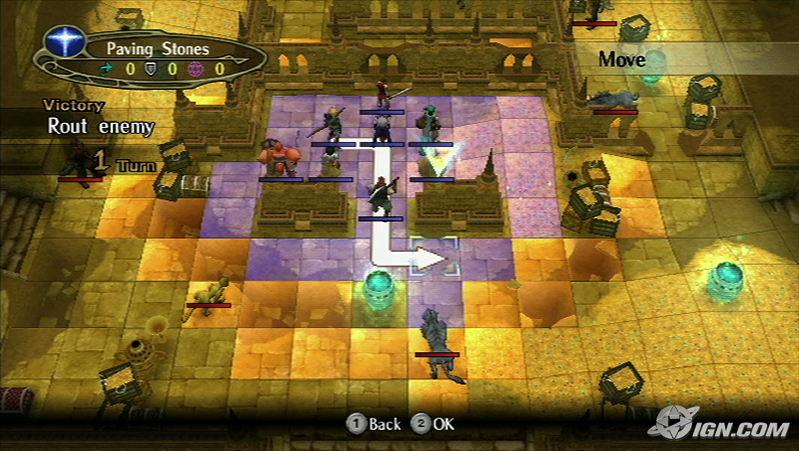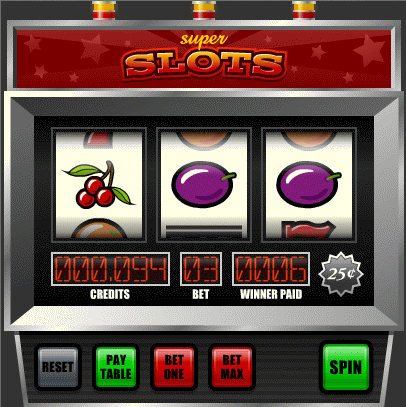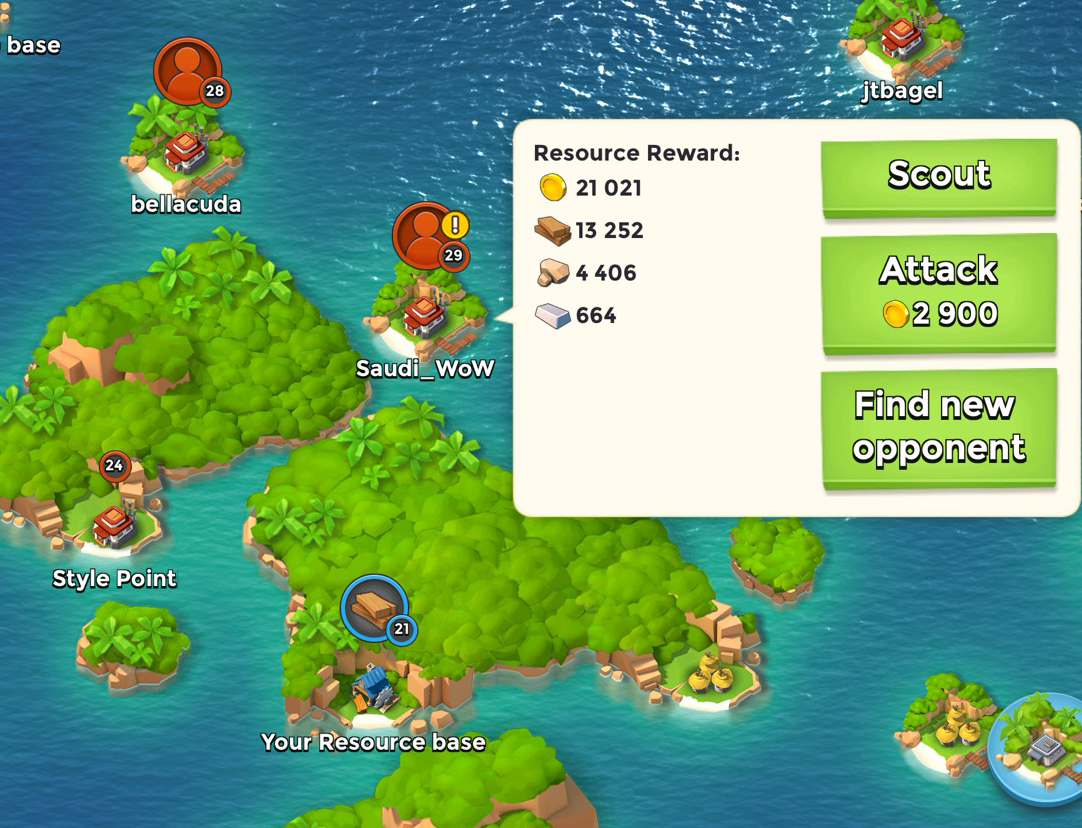Mobile game design: characteristics, skill and luck
The main task of the game designer is to make the user understand what influences his success / failure in the project, – Adam Telfer believes. We invite you to get acquainted with his article on this topic.
Illustration: Fire Emblem: Radiant Dawn
The original material was published in English on the blog of Adam and Ed Biden (Ed Biden) Adventures in Mobile Game Design.
Each game has three dimensions that determine the success of the project: skill, stats and luck. Each of them is required to win and progress in the game. However, in many prototypes and games that I play every day, there is no balance between these dimensions.
The main problem is that players often suffer from a lack of clarity (transparency) in how they can improve their result in the game. If your player can’t answer the question: why did he lose this round — you have problems with the target audience of the project.
You need to highlight and explain to the player how skill, characteristics and luck affect the game so that your project catches on.
The importance of skill, characteristics and luck
To clarify the project, it is very important to determine what the balance should be between characteristics, skill and luck in your game. Everyone is very important for the success of the game.
Characteristics are everything a player invests in outside of the original gameplay. Most games have role-playing statistical systems (stats systems), which the player strives to improve. For example, to improve the protection indicators of buildings, the characteristics of units or the speed of a car. These systems are what most likely determines and limits game progress. A good statistical system is necessary if you want a level 100 player to be much stronger than a level 1 player. Characteristics are most likely what players invest real money in in order to make instant purchases or gain advantages in gameplay. Without characteristics, it is difficult to build a long-term gameplay: after all, in this case there is nothing that players could invest in to be better.
Luck is any system in your game that produces a random result. For example, the loss of stones in Candy Crush or the departure of cards into the hand from the deck in Hearthstone. These systems are important for creating drama and entropy in gameplay. Luck is responsible for ensuring that the gameplay is never boring, because a positive (or, conversely, bad) event can happen at any moment. Luck also increases the skill requirements required to master the game. It is easy to assemble the best deck, but it is difficult to be able to cope with it, given the random nature of the cards falling out, in this it is difficult to become a master.
Skill is any action of the player that directly affects the outcome of the session. Dexterity is the player’s ability to jump into Mario in time, effectively land fighters in Boom Beach, choose the right map while playing Hearthstone. Skill is most important for player retention. Players who feel that the game does not require skill will not stick for a long time. Pleasure and involvement in the project comes from understanding and feeling one’s own intellectual superiority at the moment of making the right decision (Theory of Fun, Raph Koster). Without skill, there is nothing to learn, there is no game.
In Clash of Clans, the emphasis is on characteristics and skill. Characteristics are units and structures, skill is the location of buildings and troops.
For example, Clash of Clans is clearly focused on characteristics and skill. Little depends on luck in the game. Players strive to improve their buildings to make progress in the game.
Characteristics — that’s what the main attention is paid to in the game. This is done so that players can see how their progress and the improvements made affect the game. Skill comes second: players choose the best place for buildings and units to better defend and attack. The scope of skill in the game is clearly limited and balanced by Supercell.
Candy Crush c focuses on luck and skill. There are no improvements in the game, only boosters. And boosters cannot be improved, but they give a clear (!) understanding of what the player gets with them. But the main attention in the game is paid to luck, whose goal is that the player cannot predict what will happen next when any move is perfect. This creates a feeling close to gambling “I almost won”, in which the situation can be broken only by paying for a boost or by overplaying the level.
Different games in the box office charts focus on a different balance between characteristics, skill and luck. The golden rule is to put two of the three listed factors at the forefront.
The more factors are included in the game, the more likely you are to have clarity issues. When the balance of luck, skill and characteristics is not clear, the retention of the project suffers.
Be as clear as possible
Fire Emblem: Radiant Dawn – tactical role-playing game
Let’s take a fight in a typical tactical role-playing game as an example.
Each bout includes an impressive number of variables that affect the final result:
- Each squad has characteristics of attack, defense, speed, impact area, and so on (characteristics)
- The player can choose which type of unit to walk and attack at what point in the battle (skill)
- The player chooses who will participate in the battle (skill)
- When attacking, there is a chance of a critical hit (luck)
If a player loses after a battle, he may ask himself — what did I do wrong, what needs to be done, what needs to be fixed, what needs to be done to win the battle?
Fire Emblem. Characteristics, skill and luck affect the outcome of each battle.
- The player could have problems with the characteristics: it was necessary to improve the fighters.
- The player could have problems with dexterity: wrong decisions were made during the battle.
- The player could simply be unlucky: the opponent struck a critical blow at the most inopportune moment.
Make sure that the game gives the player a clear answer as to what was wrong.
When many variables affect a player’s success, the best solution is to separate them from each other as much as possible.
To do this, it is not necessary to give an instant response (feedback) on this or that action performed by the player. The response to each variable can be given before, during or after the gameplay.
Separate characteristics, skill and luck from each other
Immediately looking at the scale, I see that it is too much for me, I need to tune the car.
CSR Racing is a great example of how the dimensions we are discussing can be separated from each other in games. Before the race, CSR Racing separates skill from performance. Using a small scale, the game compares the player’s level with the opponent’s level. If the race may be too difficult (the opponent’s level is higher), the player is warned about it. This helps the game in two aspects at once.
- Players want to improve the characteristics. The characteristics in the game have a clear value, they increase the chances of winning.
- The player gets the opportunity to avoid unnecessary losses on too difficult levels. The main reason for defeats, players often see their poor skill. But if they continue to play at a level that is not designed for their level, they will leave the game, considering it too difficult.
CSR isolates the characteristics before the race using the UI.
During the race, the player gets a clear response of how cool he is.
CSR also tries to limit the impact of skill on the result of the race. During the passage of the track, the player receives a response to how successfully he passes the race in time. The comments “Bad Shift”, “Good Shift” and “Perfect Shift” make it clear how the route is going. And at the end of the race, the player can honestly say to himself: I was perfectly switching speeds in the game, I did everything I could. Or, on the contrary: I didn’t always fit in, maybe next time I’ll be able to improve the time.
Using two simple mechanisms, CSR has successfully isolated dexterity and characteristics. Players clearly understand the reason for their victories and defeats in the game and can understand in which direction they should move further.
Transparency Tools
In order to make the game clear to the players, it is extremely important to play it often (or to let it be played often). After each game cycle — be sure to ask yourself or those who were given to play:
Why did you lose?
What did you have to do to win?
How did you find out?
If the testers can’t answer this question, it’s time to take over to clarify the game.
To do this, you need a list of source data (variables) and results (responses) to the games:
- What variables affect the game (characteristics of soldiers, their location, and so on)?
- How do we respond to these variables?
- What kind of feedback system works (players will confirm them during game tests)?
- Can we strengthen the response to these variables before, during, or after the session?
The amplification of the response depends on which variable (characteristics, skill or luck) is at the forefront of the game.
Pokemon is a good example of a response to a player’s skill. The mention of a successful strike occurs immediately after the action is performed. Make sure that the players know that the final result was obtained thanks to their skill.
Skill-dependent variables require a more specific response immediately after the action. In Pokemon, they talk about the effectiveness of the strike immediately after the player makes the right choice of attack against a specific opponent.
In the Mario series of games, wherever a plumber is killed, the game pauses and demonstrates the specific place where the hero was dealt the final blow. This small and subtle moment is made so that the player understands the reason for the loss and can learn.
Slots, dice, cards, of course, are primarily focused on luck. Use them so that the player knows what is in the game by chance and what is not.
Variables that depend on luck can be made as clear as possible to understand if you use the appropriate graphics at the time of their application: a deck of cards, a roulette, a slot machine. And the player will wait for randomness. He will quickly realize that in this case nothing depends on his skill.
Boom Beach warns players when the opponent’s level is too high and makes it possible to scout before the battle. This is done so that the player can make the right choice in deciding who to attack.
As for the variables that depend on the characteristics, it is easiest to respond to them before the game round. Make sure that you warned the players before they entered the battle without making the necessary improvements.
Strengthen the necessary response within your games, continue the game tests. When players begin to understand how to improve their chances of winning, your game will become much more entertaining.
Conclusion
To increase engagement in your game, find out what can be done to make your game system clearer within the framework of skill-oriented, characteristic-oriented and luck-oriented variables.
Each of the approaches has its advantages and disadvantages. Make sure you know your dominant. Making all three parameters equally important at once is extremely difficult and can only be done if you have localized (isolated) each of them in the clearest way for the players.
In order to maximize the involvement of a wide audience in the game, make sure that the game makes it as clear as possible why the player wins or wins. The first step to minimize confusion in the game is to make a list of variables that affect the outcome of the game session and analyze whether the player receives sufficient response to each variable.
Your task as a designer is to make sure that the player always knows how to improve his result.
This text is published with the written permission of Adam Telfer, the author of the original article.
A source: http://mobilefreetoplay.com
